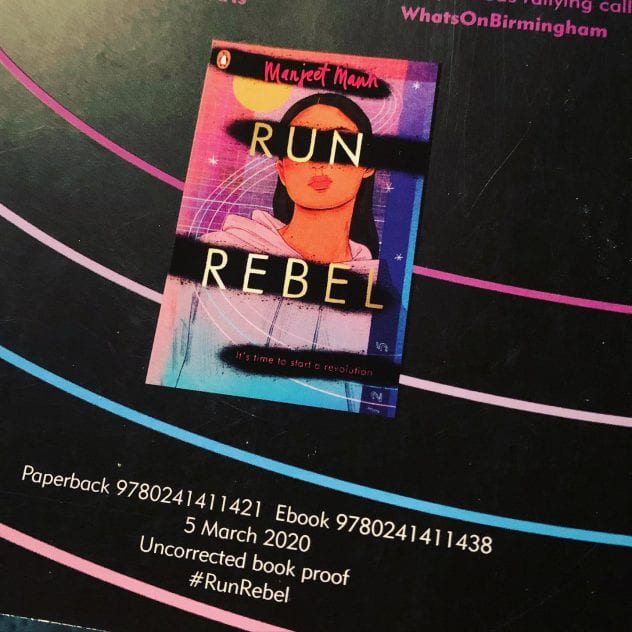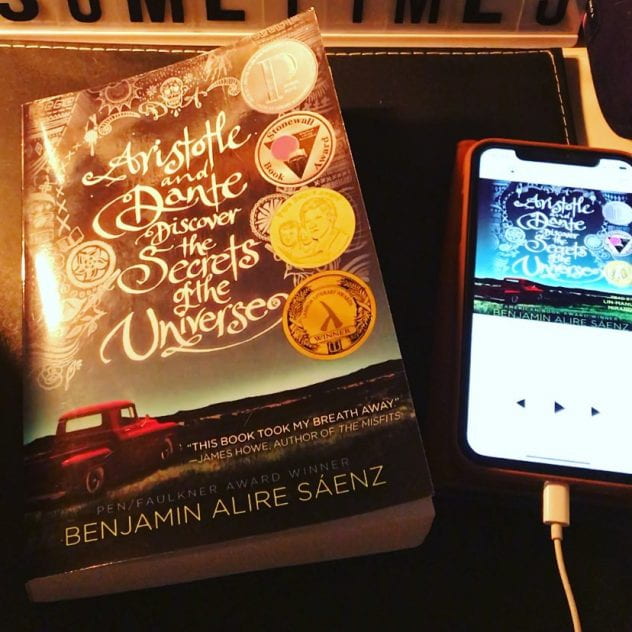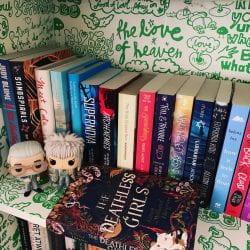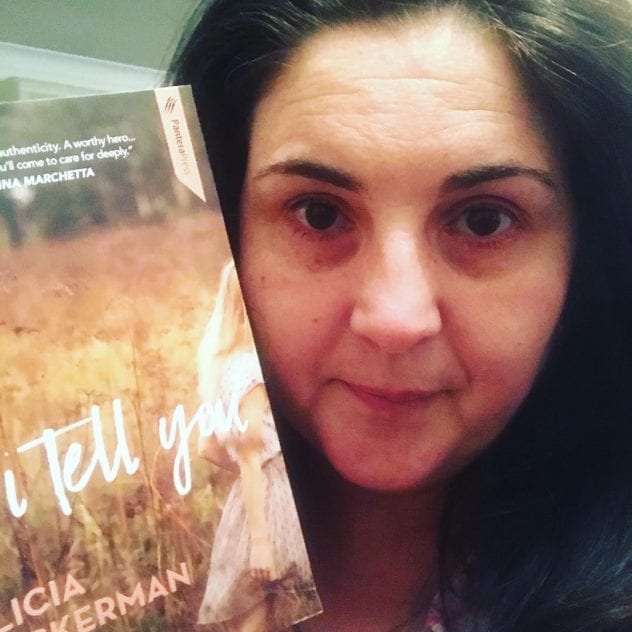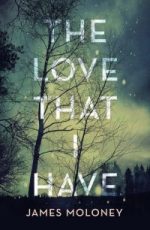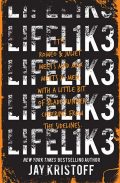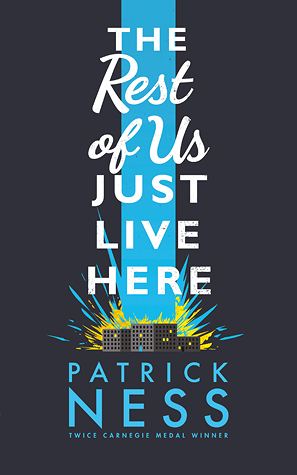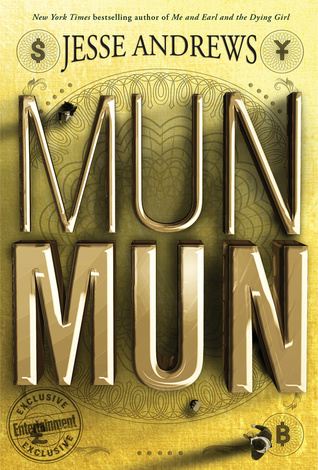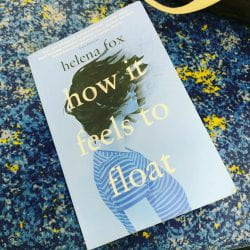
How it feels to float, by Helena Fox
Title: How it feels to float
Author: Helena Fox
Genre/ issues: YA, mental health, family/ relationships.
There were tiny oceans in my eyes as I finished this exquisite book on the train home tonight. At one point I couldn’t make out the words of the final chapters as the tears overtook me. Mental illness is something quite difficult to capture beautifully on a page, isn’t it? Helena Fox has created something quite extraordinary in the world of Biz.
The blurb of the book says:
“Biz knows how to float. She has her people, her posse, her mom and the twins. She has Grace. And she has her dad, who tells her about the little kid she was, and who shouldn’t be here but is. So Biz doesn’t tell anyone anything. Not about her dark, runaway thoughts, not about kissing Grace or noticing Jasper, the new boy. And she doesn’t tell anyone about her dad. Because her dad died when she was seven. And Biz knows how to float, right there on the surface–normal okay regular fine.
“But after what happens on the beach–first in the ocean, and then in the sand–the tethers that hold Biz steady come undone. Dad disappears and, with him, all comfort. It might be easier, better, sweeter to float all the way away? Or maybe stay a little longer, find her father, bring him back to her. Or maybe–maybe maybe maybe–there’s a third way Biz just can’t see yet.
“This is a mesmerizing, radiant debut, at once heart-rending, humorous, and impossible to put down. Helena Fox tells a story about love and grief and family and friendship, about inter-generational mental illness, and how living with it is both a bridge to someone loved and lost and, also, a chasm. She explores the hard, bewildering, and beautiful places loss can take us, and honors those who hold us tightly when the current wants to tug us out to sea.”
The metaphor of floating is pervasive in this wonder of a debut novel, and as someone who has dealt with anxiety, depression and at one particularly low point in my life persistent suicidal ideations, I could completely recognise and empathise with that feeling of not being in control, of wanting to just give up and let the waves of mental illness carry me away. I found myself gasping frequently as I read, completely overwhelmed with Fox’s extraordinarily skillful and beautiful use of language.
I’d implore you all to read this book, and I totally believe you all should, but I also think you need to make sure that you’re in the right headspace to gently ease your way through someone else’s trauma. Books like this, that offer a window into a personal experience of mental health, are important in so many ways – they help provide a sense of visibility to those who are or have dealt with something similar, and they provide a sense of empathy to those who have not experienced anything like this in their lives. It’s also important, though to take care of yourself, so if these issues sound like something you’re in the throes of dealing with, then maybe this is a “later” book for you. I’ll be buying many, many copies of this, and I know it’s a big call not even halfway through January, but I’m happy to call it my book of the year.
#TamaraReads #2020readingchallenge 4/52
Happy reading,

